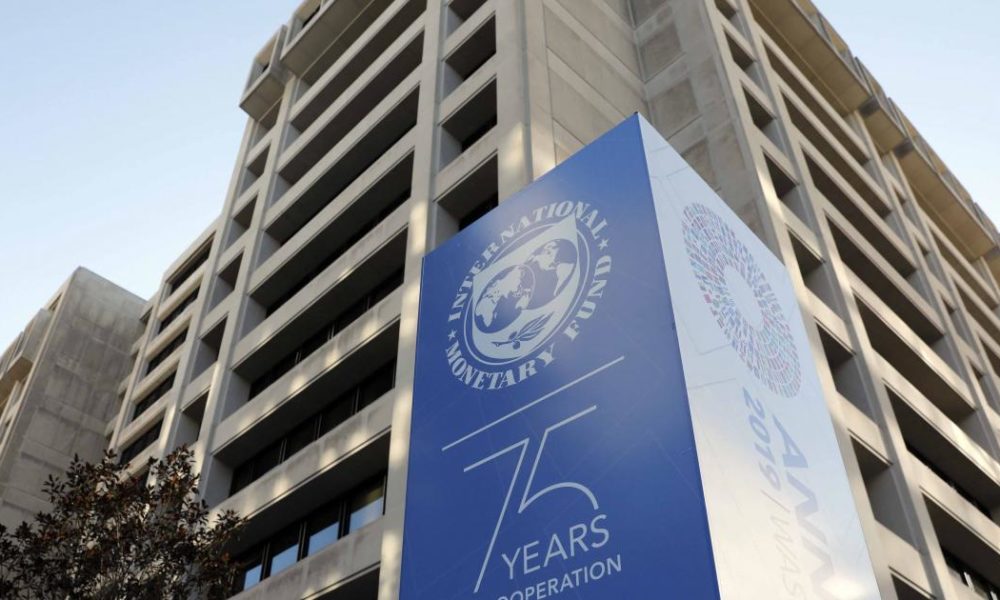Economy
IMF Recommends VAT Increase, Removal of Fuel Subsidy, Exchange Rate Reform For Improved Economy

Nigeria’s total well-being can receive a real boost when essential reforms are done and the needed policies are implemented, the International Monetary Fund (IMF) said.
The IMF Board recommended that the nation’s tax system should be improved by increasing the value-added tax(VAT) rate and that tax compliance be upheld.
According to the statement issued by the international body on Monday, after the conclusion of its 2021 article IV consultation with Nigeria, it said reforms should be effected in the fiscal, exchange rate, trade, and governance.
Speaking on fuel subsidy, the IMF directors’ recommended that untargeted fuel subsidies should be removed with compensatory measures for the poor noting that there must be transparent use of saved resources from this.
The board stated that despite the Nigerian leaders’ efforts in managing the Covid-19 pandemic, the country suffers pandemic impacts, oil price uncertainty, and security challenges.
Investors King recalls that in April 2020 when the Covid-19 Pandemic heat began, Nigeria received a $3.4 billion facility from the IMF.
The IMF board, however, expressed confidence that Nigeria has adequate capacity to repay the fund.
“Directors noted that Nigeria’s capacity to repay the Fund is adequate. They encouraged addressing data gaps to allow timely and clear assessments of reserve adequacy. They also urged the removal of untargeted fuel subsidies with compensatory measures for the poor and transparent use of saved resources. They stressed the importance of further strengthening social safety nets.
“Directors highlighted the urgency of fiscal consolidation to create policy space and reduce debt sustainability risks. In this regard, they called for significant domestic revenue mobilisation, including by further increasing the value-added tax rate, improving tax compliance, and rationalising tax incentives.
“They welcomed the removal of the official exchange rate and recommended further measures towards a unified and market-clearing exchange rate to help strengthen Nigeria’s external position, taking advantage of the current favourable conditions,” the statement read.
The IMF directors lauded the newly launched eNaira which according to them could help promote financial inclusion and improve the delivery of social assistance, but called for a close monitoring of its associated risks.
The international institution further advocated for exchange rate reforms with macroeconomic policies to contain inflation, structural reforms to enhance transparency in governance, and passing the correct information concerning exchange rate policy.
Other recommendations include, addressing deficiencies in the Anti-Money Laundering and Countering the Financing of Terrorism (AML/CFT) system, enhancing transparency of COVID-19 emergency funds as this will build business confidence and public trust.
“Directors emphasised the need for bold reforms in the trade regime and agricultural sector, as well as investments, to promote diversification and job-rich growth and harness the gains from the African Continental Free Trade Agreement,” the statement added.